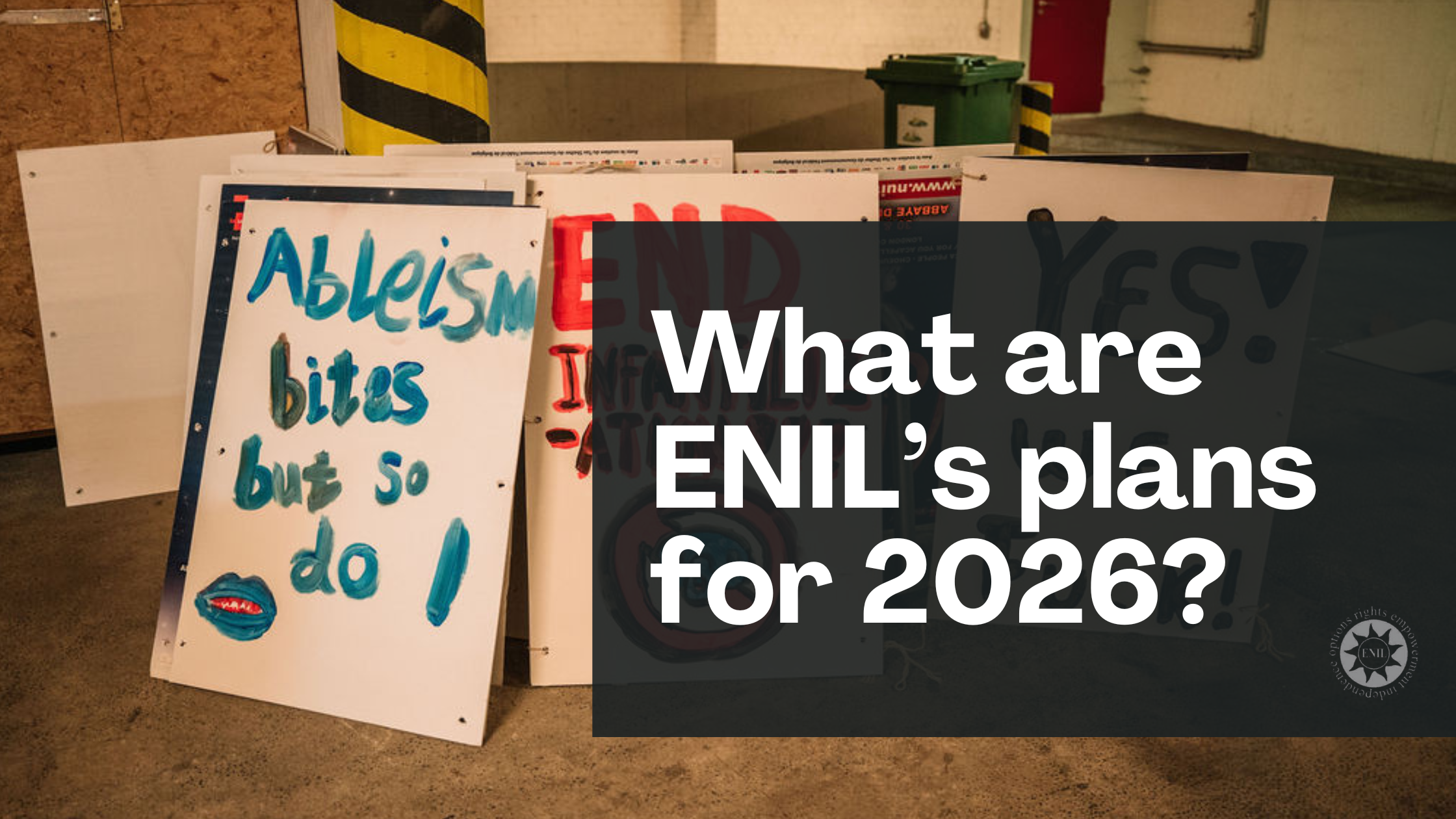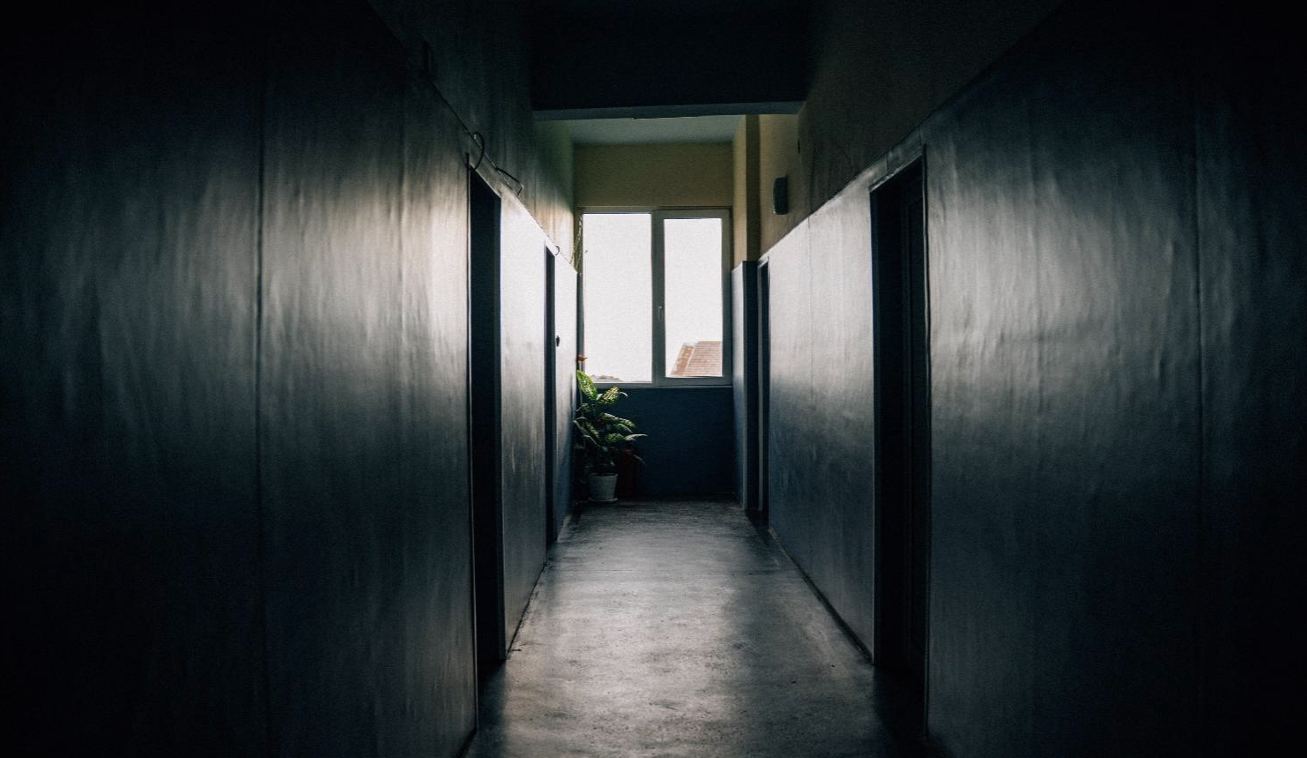The Independent Living Insitute, founded in 1993 by Adolf Ratzka, is a policy evaluation and policy formulation center based in Stockholm. At the moment, ILI is implementing two main projects: Law as a Tool for Social Change, and Disabled Refugees Welcome.
Law as a Tool for Social Change
The aim of the Law as a Tool for Social Change project is to build legal expertise in disability-related discrimination among disability organizations, Public Interest and Human Rights lawyers and law schools. What are our rights as persons with disability and how can we defend them? Do we have access to lawyers who have the special skills and experience to take cases to court, if necessary? Have we been using the law as a tool for social change by looking for strategic legal cases to advance our position? In Sweden, we are still novices in this respect. Many of us still believe that as soon as a new law is enacted, our everyday reality will automatically change. I suspect, the same is true for most of us in Euope and other parts of the world. But with the political climate dramatically changing, we soon might need as much protection as we can get against disability-based discrimination.
For these reasons, the Independent Living Institute is launching a newsletter to link persons with disabilities and their organizations, Human Rights lawyers, law students and their instructors, as well as government entities with an interest in using strategic litigation in implementing the UN CRPD and other international and national legislation. In this way, we can pool our knowledge and legal resources, learn from and together with each other.
For the free quarterly newsletter we need volunteers who contribute texts by sharing news such as brief write-ups of court decisions, announcements of events concerning disability rights, training opportunities such as conferences, course and internships, we can discuss legal issues regarding disability-based discrimination and the implementation of the rights of persons with disabilities.
Tell us what you think about the project. Perhaps you may even have heard about a court case that might interest readers in other countries? Subscribe to our newsletter here.
Contact person for the project: Adolf Ratzka, adolf.ratzka@independentliving.org
Disabled Refugees Welcome
Disabled Refugees Welcome (DRW) is a new integration project run by ILI. It is a 3-year project financed by the Swedish Inheritance Fund. The aim of the project is to develop methodology to promote better conditions for reception and integration of disabled newcomers in Sweden. The project is planning to document the needs of the target group and develop activities which in the future can become an essential part of the authorities’ work with newcomers.
The idea of the project was born as a result of the project worker Julius Ntobuah’s own experiences as an asylum seeker with disability in Sweden. His experience of poor reception and the inaccessibility of solutions resulted in his commitment to promoting better reception conditions of newcomers with functional disabilities.
Why is this project important: Over 1600 000 asylum seekers came to Sweden during 2015. Even today, the inflow of people continues and many are in need of urgent support with food, accommodation, medical care and psychological support, after previous traumatizing experiences. Moreover, there are many who were either injured during the war and the long and dangerous way to Europe or had a disability from before. No official data is available about the situation of disabled asylum seekers in Sweden. That makes it difficult to evaluate the range of needs they may have.
The project aims to: provide information about the rights of disabled newcomers; guide disabled asylum seekers to the right support; collect and spread data on disabled newcomers’ needs; develop and test new methods for the reception of disabled newcomers.
The ambition of the project is to spread the developed methodology to public and private actors working with the target group. In the long run, the plan is to establish, sustain and evaluate the collaboration between the authorities and civil society.
Contact person for the project: Jamie Bolling jamie.bolling@independentliving.org
[Photo shows participants in a protest. It was taken by Emil Erdtman.]

